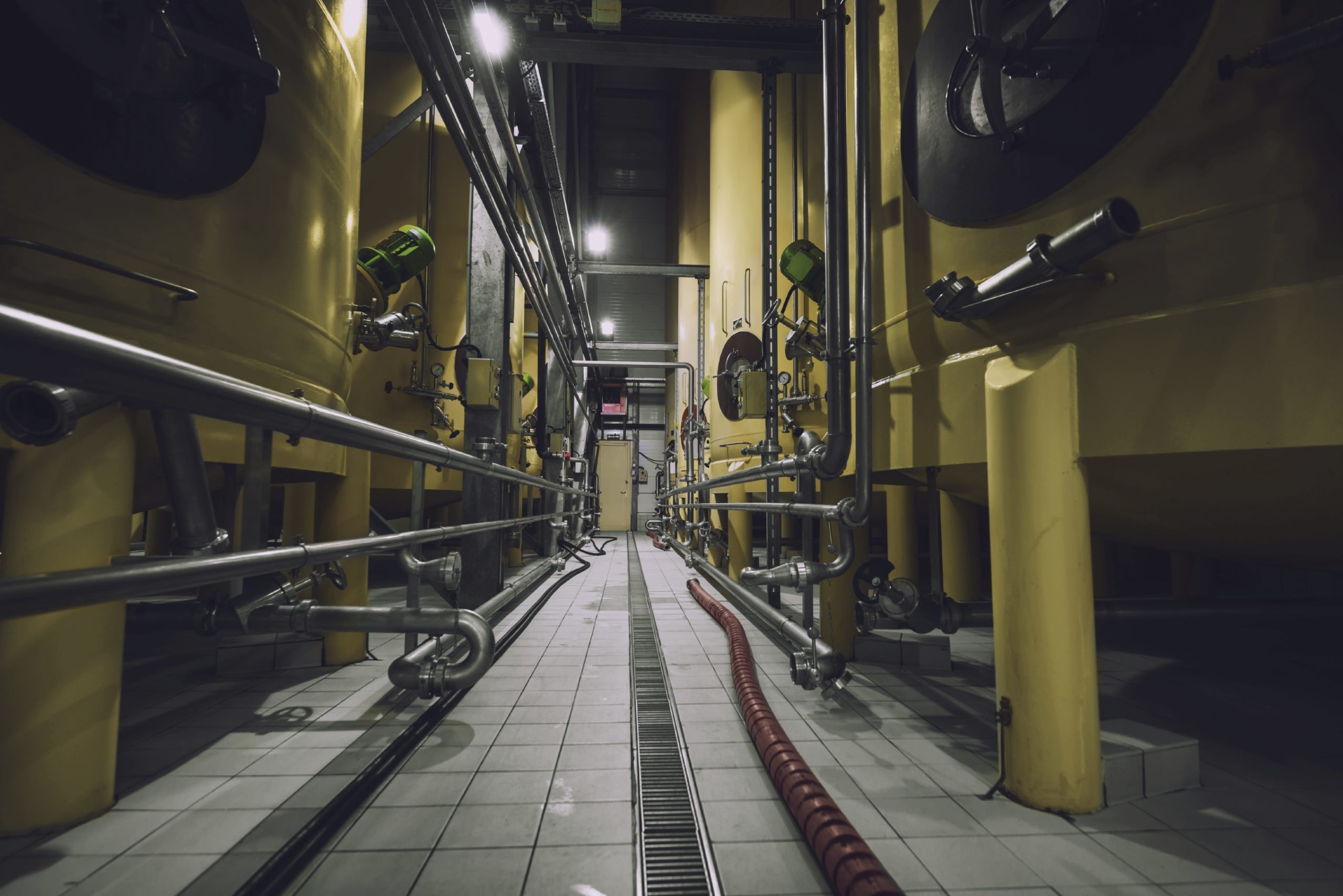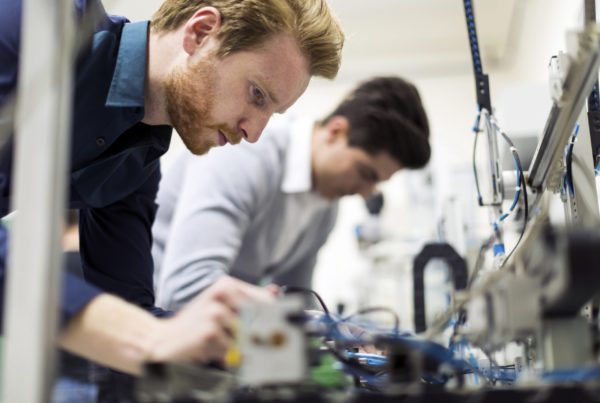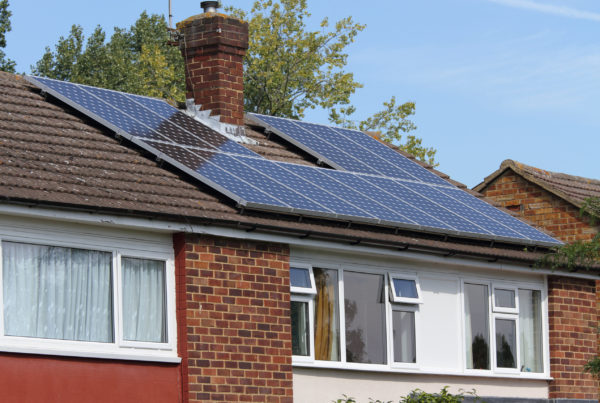
“Why does a facility manager need a consultant to help with installing a variable frequency drive (VFD) on a throttled pump?” This was a recent question fielded during the course of an energy assessment. “After all the years of analyzing throttled flow, what will one more calculation show that isn’t already known?” From a component viewpoint, the question made sense – just hire a competent electrical contractor, select equipment, install per code, set up controls, and done. Instant savings. Maybe.
This approach is frequently employed and some savings are often realized, but not always. A specific example where savings didn’t follow was an installation of a new multistage pump with VFD to replace an over-sized throttled double suction pump. A great project, but the selected static pressure set point forced the new pump to operate near full speed, causing it to use more energy than without the VFD.
To ensure savings, the entire system must be evaluated. For HVAC systems, this involves chillers, boilers, cooling towers, air handling units, valves, coils, and so on. All components must work together effectively for maximum savings. Look beyond the pump, fan, or mechanical device. Determine how the modified component affects the entire system. The total system efficiency is where the greatest savings are found.
Controls systems also are often under utilized. Having the most recent direct digital control (DDC) package with all the bells and whistles doesn’t translate into an efficient system. A DDC system isn’t any more effective compared to an old pneumatic system if it isn’t programmed for optimization. Controls must provide the means to meet the desired indoor environmental requirements (temperature, humidity, pressure relationship, etc.) using the least energy intensive methods possible. These operations are completely within the abilities of the currently available DDC systems but are seldom fully utilized.
So why consider a consultant when implementing an energy efficiency measure? Not just to squeeze the most efficiency from it, but to make sure that the measure doesn’t actually cost more in the long run! You wouldn’t start buying medical equipment without talking to a doctor first, would you?




